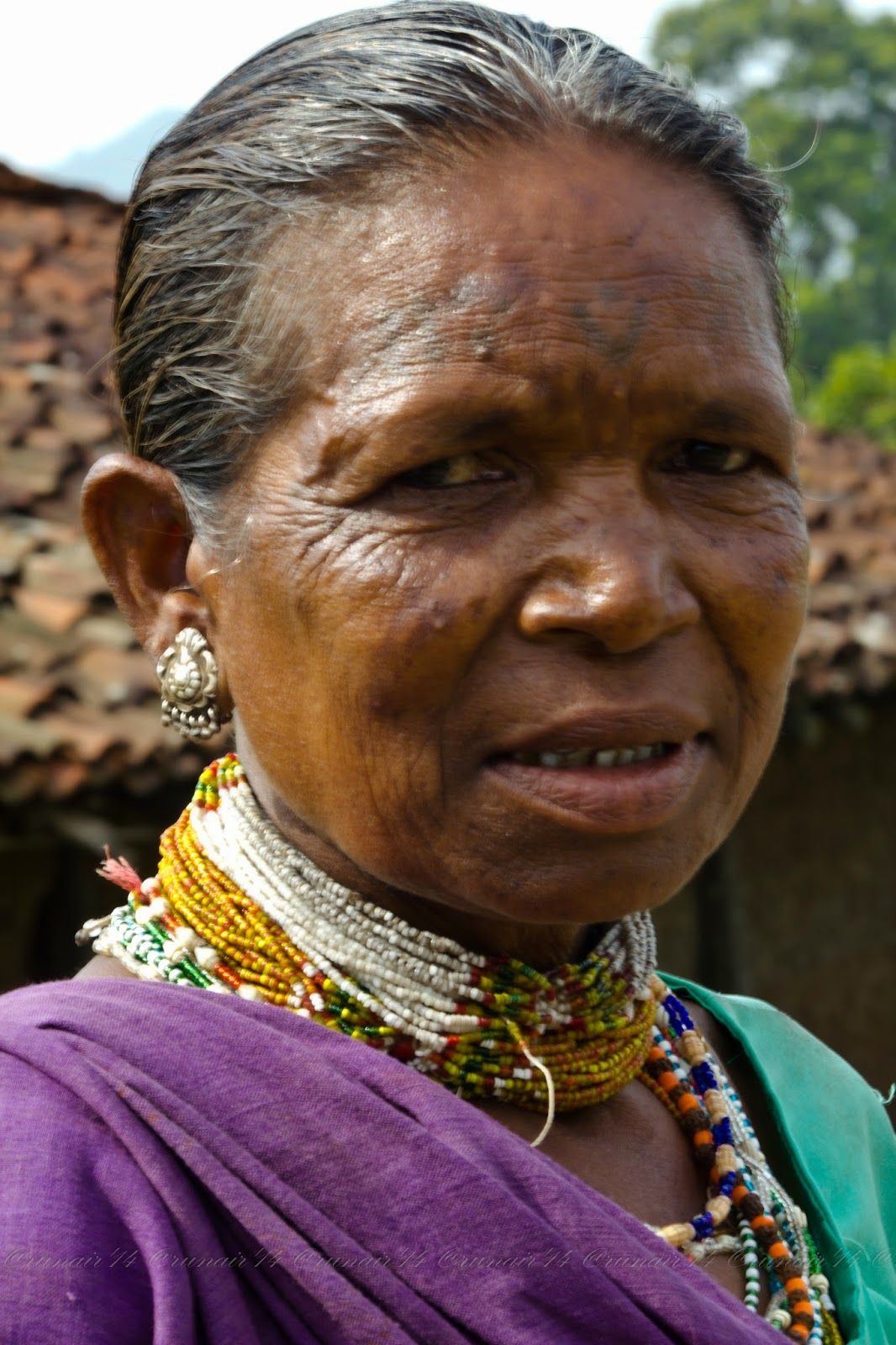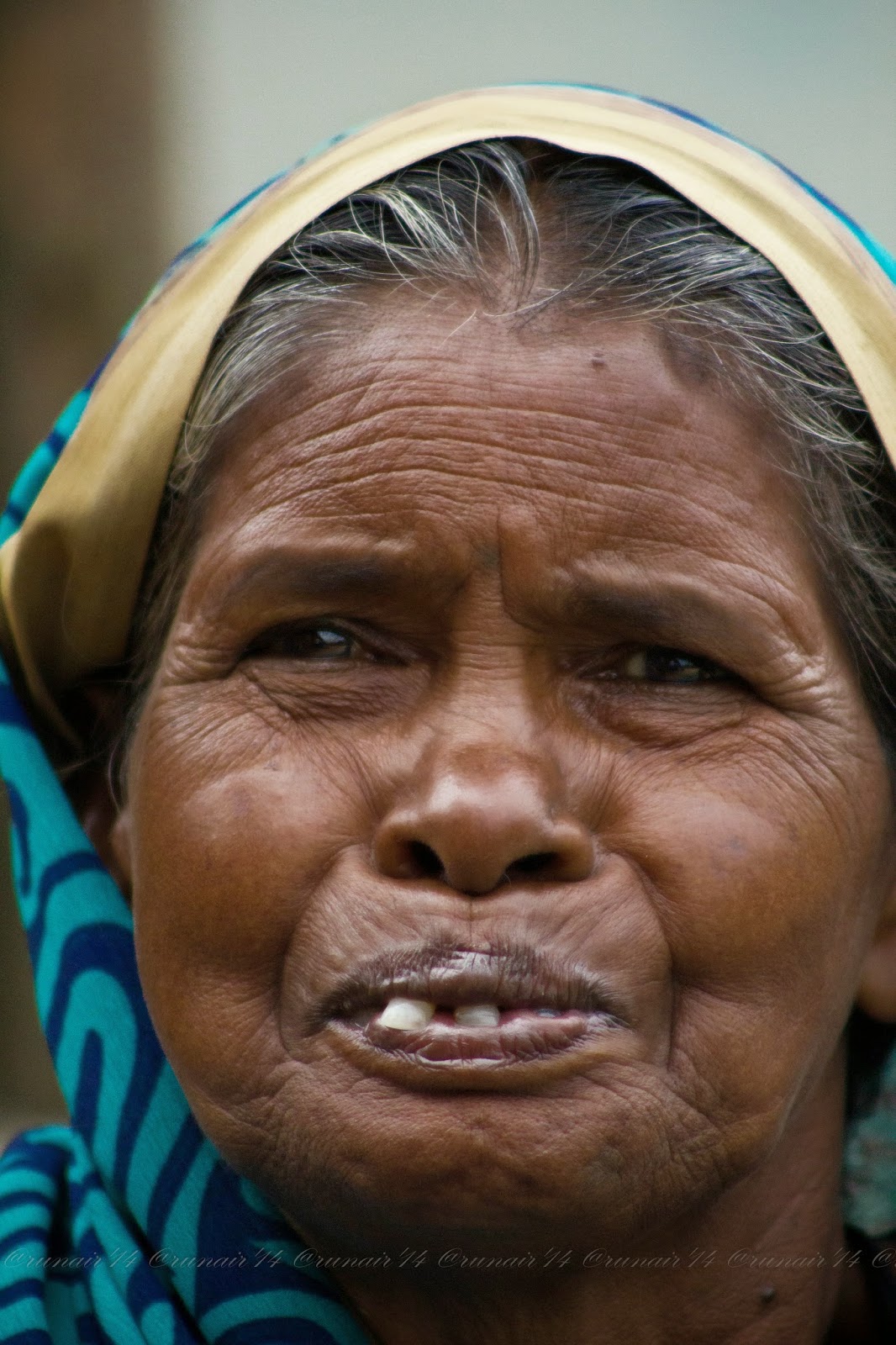Aborigines of India - The Baiga
Baigas are aboriginal hill people living in parts of Uttar Pradesh, Jharkhand, Madhya Pradesh & Chhattisgarh. Government of India has categorised them as Particularly Vulnerable Tribal Groups (PVTG) earlier known as Primitive Tribal Group (PTGs). I managed to travel to the home of Baiga tribe in hills and forests of Kanai Bahra, Chiroti, Achanakmar, Gaurella, Chikladabri and Behramuda in Bilaspur district of Chhattisgarh.
Surprisingly, instead of mud houses with paddy straws roofs there were well-built houses in some parts. The development & modernisation in the tribal areas can be easily measured with the number of televisions set-top boxes seen on the roof-tops. But, a section of the tribe is still unaware of development and want to live in primitive environment. They still practice shifting cultivation, burning down patches of jungle and sowing seed on the ground fertilised by the ashes after the breaking of the rains. They don’t till the ground and consider it to be a sin to lacerate the breast of their mother earth with a ploughshare.
The population of the Baigas have gone down to approx. 25,000 in Bilaspur district mainly because of migration and sterilisation. They are not properly educated for their primitive occupation i.e. cultivation. So, too many are running to nearby cities for a better livelihood. The state government has banned sterilisation of members of this tribe because of an alarming fall in their population but still several women are being sterilized in these villages.
Several schemes worth crores are being run for their development and welfare. All starts from the state capital and ends at gram panchayat.
I really wanted to document the men, women and children of this beautiful tribe before they get transformed, modernized or extinct completely. I have tried to capture their feelings and emotions being one amongst them!
































































